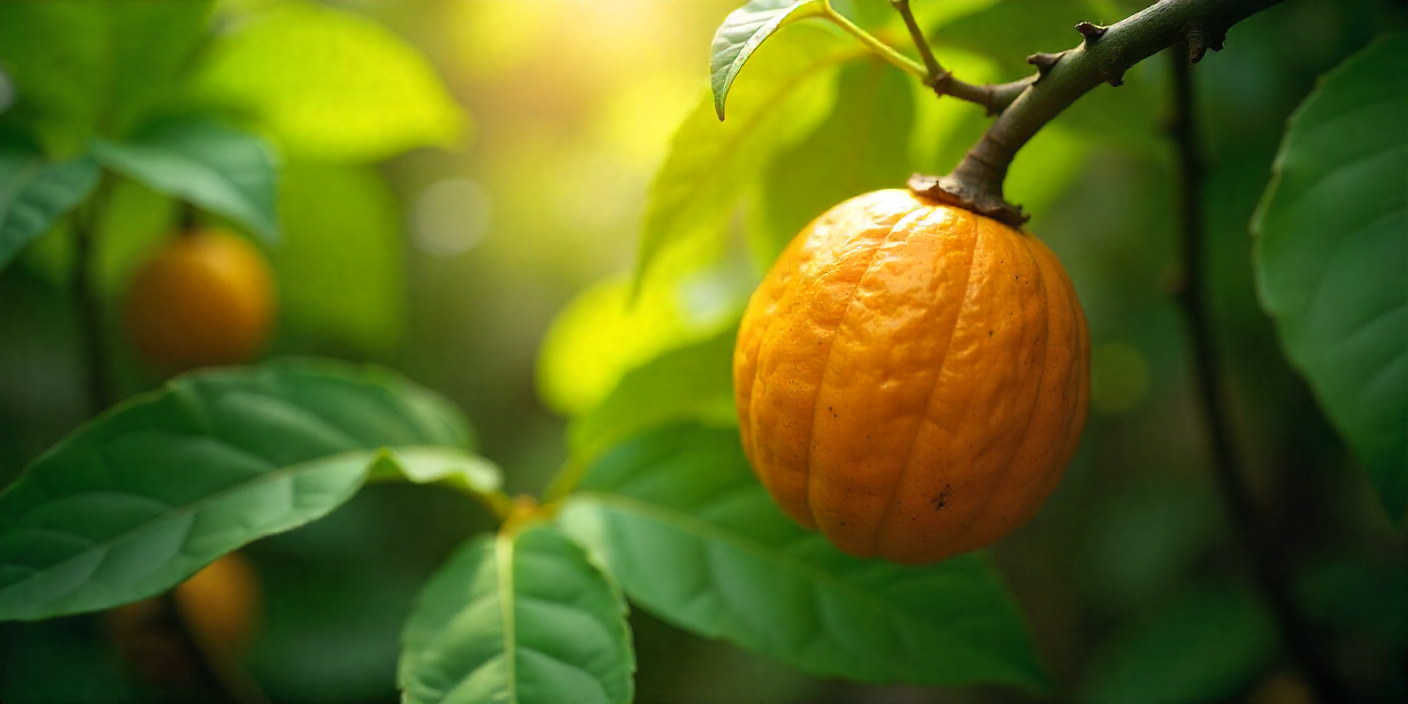You may experience fluctuating humidity levels in Texas. It is both comfortable and quite challenging to tackle. Mostly homeowners rely on HVAC systems to cope with this challenging climate. However, humid weather creates pressure on your HVAC. Sometimes, the weather affects the HVAC so much that it may completely break down.
To handle your HVAC well in such critical weather, get help from the number #1 HVAC company in Texas: The Chill Brothers. They will help you protect your HVAC and keep it efficient in any weather.
Region-wise Humidity Levels in Texas
As Texas is a large state, you will not feel the same level of humidity everywhere. It differs according to different regions in Texas. How humidity affects your HVAC system depends on where you are staying in Texas. Here are the region-wise humidity levels of Texas and their impacts.
| Regions | Humidity Levels | Impacts |
| Coastal Texas(Houston, Galveston, Corpus Christi) | High level of humidity,70% to 90% in summers,60% to 70% in winter. | Uncomfortable indoor environment, Health risks, Mold growth. |
| Central Texas(Austin, San Antonio, Waco) | Moderate level of humidity,50% to 70% in summers and 40% to 50% in winters. | Seasonal variation in humidity, Dry air in winter. |
| West Texas(El Paso, Lubbock, Midland, West Texas) | Low level of humidity, 10% to 30% during the whole year-round. | Dry air,Uncomfortable indoors,Wood damage. |
| North Texas(Dallas, Fort Worth, Denton, North Texas) | Mixed level of humidity,60% to 70% in summers while 40% to 50% in winters. | Fluctuating humidity, Seasonal discomfort. |
You must take steps according to your region. Be it high or low levels of humidity, both can make you feel uncomfortable and stress out your HVAC system.
Effects of High Humidity on Texas HVAC System
The high humidity during summer makes it feel intensely hot. So, the HVAC works harder to balance the temperature. Here are the key impacts on your HVAC during high humidity:
1. Longer Cooling Cycles and Higher Energy Bills
To deal with high humidity, your HVAC has to reduce the moisture from the air in addition to cooling. For this increased demand, the HVAC has to run longer and harder. It leads to longer cooling cycles.
Ultimately, this longer period of work consumes more energy, and energy bills rise. The stress and overwork of the compressor make the system wear out faster.
2. Lower Efficiency
When an HVAC works harder and longer to cope with the temperature as well as higher humidity, it stresses out faster. The moisture in the air makes it difficult to bring consistent indoor temperatures. Ultimately, the overall efficiency of the system decreases.
3. Mold Growth, Water Damage, Corrosion
High humidity means an increased level of moisture in the air. It causes mold growth, allergens, and mildew inside the system and in your house too. These are alarming for your health. You may notice respiratory issues, allergies, and other health issues because of these. Moreover, these molds can clog the ducts, filters, and coils. This may reduce the overall efficiency of the system.
Also, moisture can lead to dripping water in different components. It may ruin the components. Sometimes, excessive moisture leads to corrosion of the metal parts.
These are the key impacts of high humidity on your HVAC system. To avoid these problems, hire an HVAC professional like The Chill Brothers.
Effects of Low Humidity on Texas HVAC System
Low humidity creates as many issues as high humidity. In West and North Texas, low humidity is experienced particularly. It creates discomfort and dryness in the indoor environment. Here are the impacts of low humidity on the Texas HVAC system:
1. Longer Heating Cycles and Higher Bills
Low humidity means a cold indoor environment. It increases the demand for extra heat to bring comfort. To produce extra heat, your HVAC has to work harder and longer. This requires more energy than usual and stresses out the system. The longer heating cycle takes extra energy. Thus, the energy bills increase because of this overworking.
2. Inefficient Heat Transfer
When the humidity level drops, the indoor environment gets dry. You may feel skin irritation and respiratory issues. The dry air makes the heat transfer process inefficient too. So, the HVAC has to work harder to transfer the heat. Ultimately, heat transfer becomes inefficient, and HVAC gets stressed. It wastes a huge amount of energy.
3. Increased HVAC Issues
Different HVAC-related issues like dirty filters and coils, clogged ducts, frozen coils, etc increase due to low humidity. Dry and low moisturized air causes these issues. These, in turn, make the entire system inefficient. These may in the long run end with complete failure of the HVAC system.
Ways to Tackle the Impacts of Both High and Low Humidity
If you want to save your HVAC in the fluctuating humidity of Texas, there are some simple precautions. The Chill Brothers and other experts suggest some effective ways to tackle the impacts of both high and low humidity in Texas. Here are the effective strategies to keep HVAC healthy:
● First thing first; install a whole-home humidifier and dehumidifier. A humidifier works in the dry season or regions. It brings up the low indoor humidity between 30% to 50%. This makes the indoor environment comfortable.
Meanwhile, a dehumidifier works to remove excessive moisture from the indoor air. It too brings the humidity level down from 30% to 50%. Both humidifiers and dehumidifiers make the environment comfortable. These also reduce the pressure on the HVAC system and let it work efficiently.
● You can upgrade your HVAC to an Advanced HVAC to tackle the humidity. Advanced HVACs include features like variable-speed compressors, humidity sensors, and multi-stage cooling systems. These are designed to control the humidity level and keep it within the balanced range. In this way, the humidity level does not stress the whole system and keeps the system efficient.
● Ensure regular inspections and tune-ups. These maintenance activities will find the smallest issues in the initial phase. Maintenance will help you sort out the issues immediately and provide optimum performance.
● Use a Smart thermostat to read the temperatures well and access it remotely. Also, make sure your house has proper insulation so that the cool or warm air does not escape.
● Incorporate a Hygrometer to check on the humidity level inside your house in Texas. It will help you monitor the humidity level and act accordingly.
Final Thoughts: Maintain a Balanced Humidity Indoors
Both high and low levels of humidity affect the HVAC system and also your health. High humidity makes the system work extra to cool down the house whereas low humidity makes it difficult to warm the house.
These fluctuating humidity levels stress out the system. Over time, the system may get inefficient and break down in the long run.











